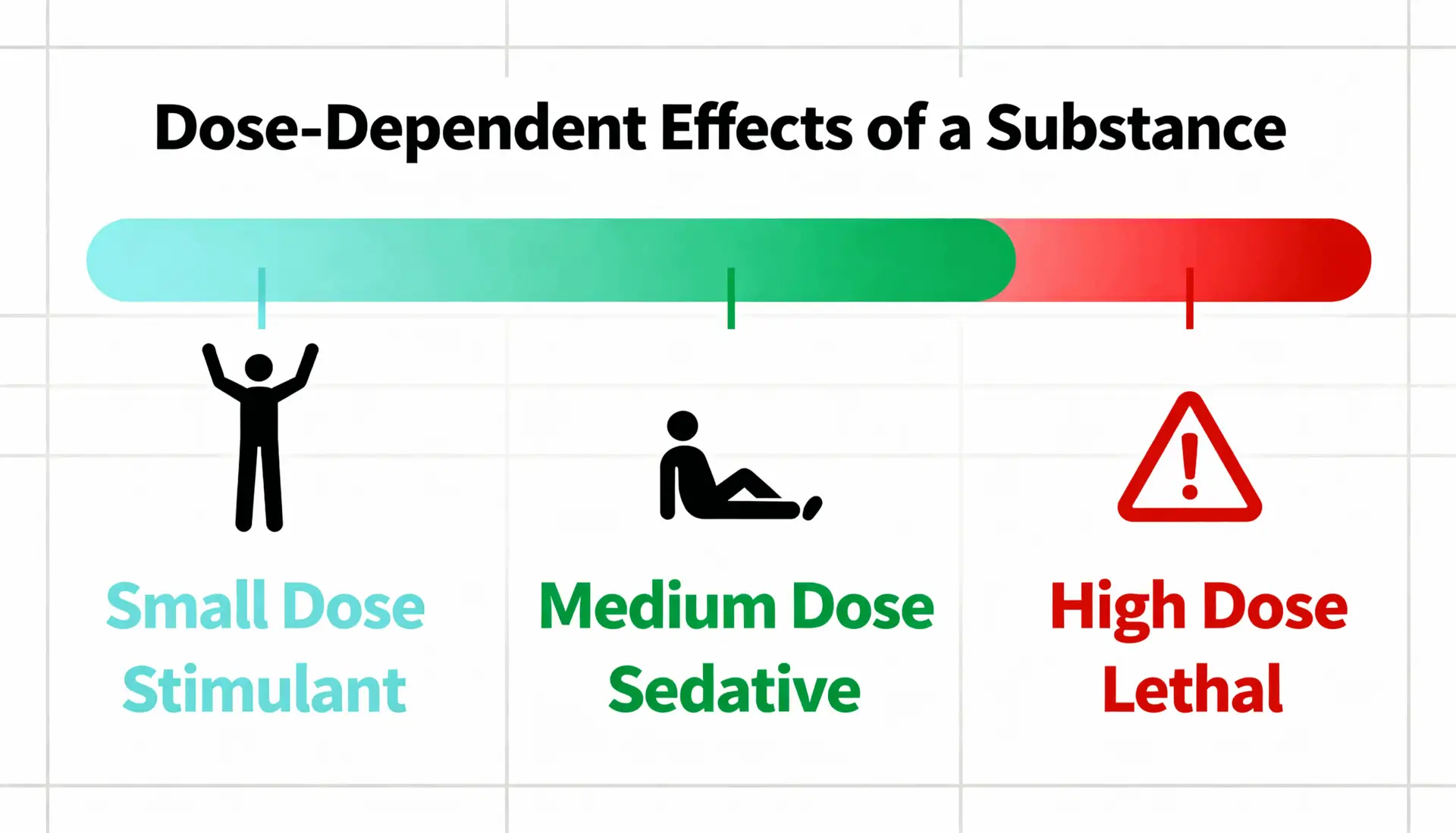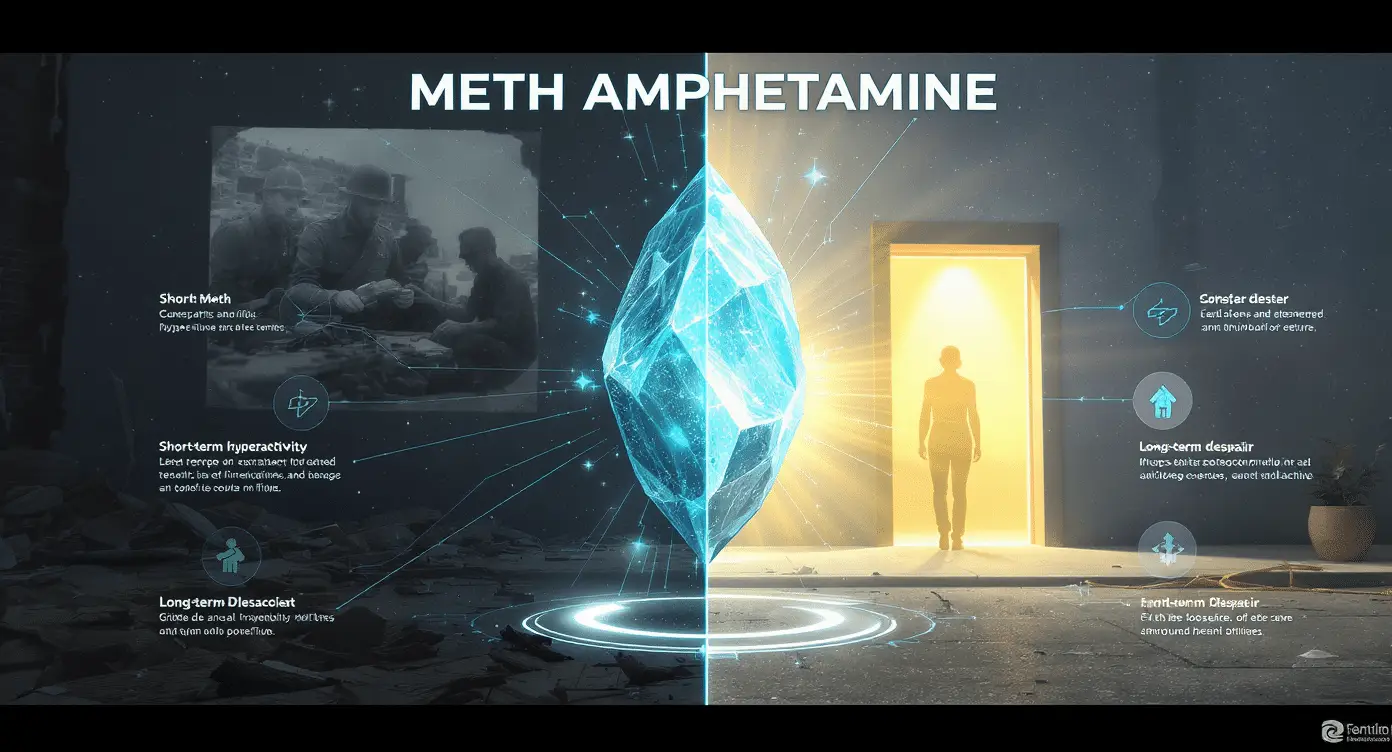They say love is blind—but when addiction enters the picture, love can also become harmful.
In many families, emotional attachment leads to actions that unknowingly support addiction. Fortunately, it’s never too late to make a change. If you want to stop enabling addiction and truly help your loved one recover, follow these five practical steps.
Step 1: Understand What Enabling Looks Like
Enabling doesn’t always mean handing over drugs. It can look like:
- Giving money with no accountability
- Lying for someone to protect their job or reputation
- Paying rent or bills repeatedly
- Ignoring obvious signs of drug use
In other words, if your actions are shielding someone from the consequences of their choices, you may be enabling.
Step 2: Set Non-Negotiable Boundaries
Boundaries are not punishments—they’re lifesaving limits. For example:
- “No drugs or alcohol in this house.”
- “We won’t give money unless it’s for treatment.”
- “You must attend rehab to stay here.”
Communicate these clearly. Then, enforce them consistently. When that happens, your message becomes real.
Step 3: Let Natural Consequences Happen
It’s tempting to protect your loved one from failure. However, trying to “rescue” them may delay recovery. This means:
- Don’t cover up arrests or missed work
- Don’t replace stolen or broken items
- Don’t give more chances without change
As painful as it may be, facing consequences often triggers the desire to seek help.
Step 4: Shift Support Toward Recovery, Not Comfort
Instead of money or favors, offer support that builds a path to sobriety. For example:
- A ride to a rehab consultation
- Information about long-term programs
- A safe space after treatment (with rules)
👉 Narconon Europe – Drug Abuse Help provides comprehensive rehab programs that guide families toward recovery.
👉 Internal resource: Drug Education & Prevention Materials
Step 5: Take Care of Yourself
Supporting someone in addiction can be exhausting. Therefore:
- Join support groups like Nar-Anon
- Talk to a therapist familiar with addiction
- Take time for your own well-being
After all, a healthy you is your best tool to help them.
❓ Frequently Asked Questions: Stop Enabling Addiction
What’s the difference between helping and enabling?
Helping supports recovery. Enabling shields the person from consequences of their addiction, allowing it to continue.
Can boundaries make someone relapse?
No. Boundaries don’t cause relapse—drugs do. Boundaries help bring reality back into view.
Is giving food or shelter enabling?
Not always. If conditions are attached (like going to rehab), it can be helpful. But unlimited support without change can delay recovery.
How do I know if I’m being manipulated?
If your loved one often uses guilt, anger, or promises to avoid responsibility—it’s manipulation. Trust your instincts.
Where can I get help as a family member?
Visit Narconon Europe



